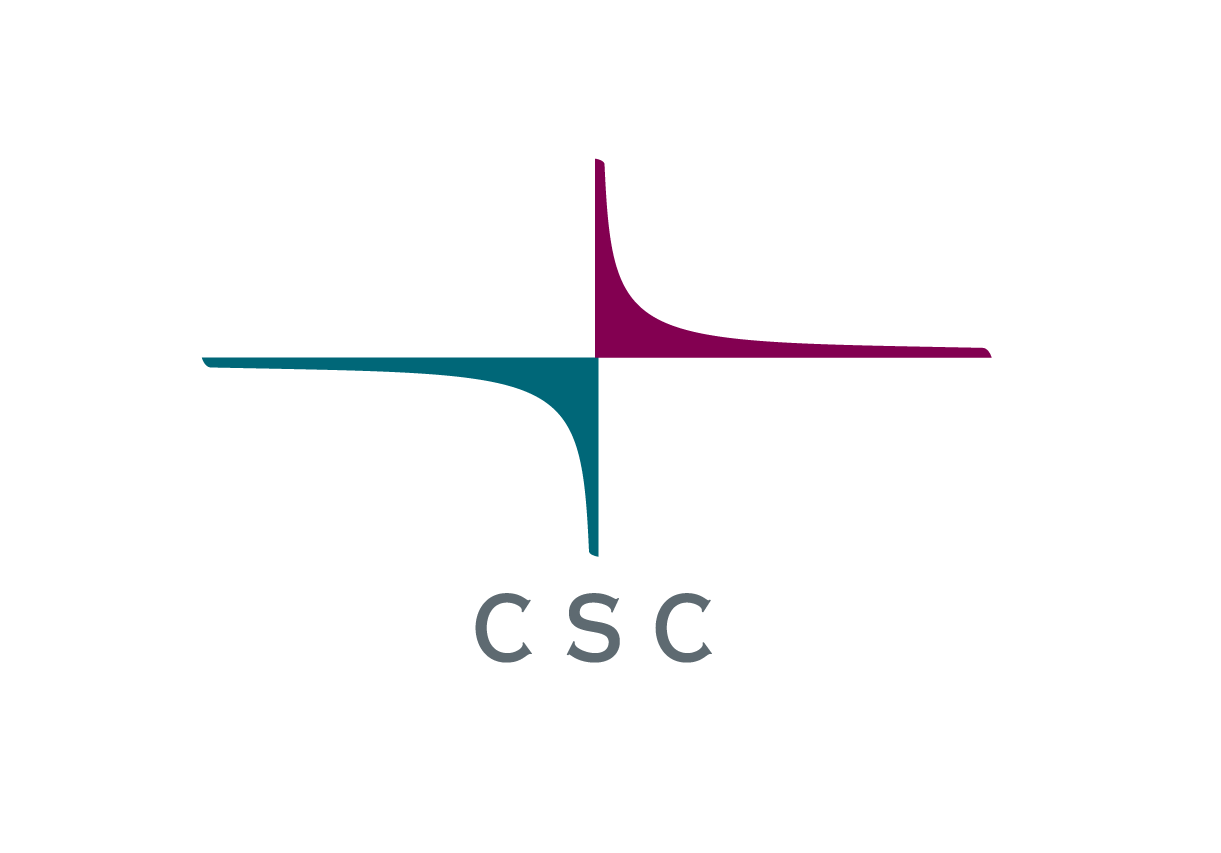This hands-on course introduces the participants to microbiome analysis methods, tools, and file formats. It covers the whole workflow from quality control and filtering to quantification and statistical analysis. Please note that this course focuses on microbiome analysis of amplicon sequencing data (as opposed to metagenomics where all the genes are sequences). The free and user-friendly Chipster software is used in the exercises, so no previous knowledge of Unix or R is required. Please note that due to the COVID-19 situation the course is organized remotely.
The course consists of lectures and practical exercises. The lectures will be available as short videos, and the participants are requested to view them prior to the course. This gives you more time to reflect on the concepts so that you can use the course day more efficiently. The lectures are summarized and questions answered during the course. You can also submit questions prior to the course here.
Learning objectives
After this course, you will be able to
- preprocess amplicon sequencing data for microbial community analysis
- compare the structure of microbial communities using ordinations and multivariate statistics and perform indicator species analysis
Course content
- checking the quality of reads with FastQC
- combining paired reads to contigs
-screening sequences for length and ambiguous bases
-removing identical sequences - aligning sequences to the Silva reference alignment
-screening aligned sequences for alignment position, homopolymers
-filtering alignment for empty columns and overhangs
-removing new identical sequences - preclustering very similar sequences
- removing chimeric sequences
- classifying sequences to taxonomic units
- removing unwanted lineages - counting species per sample
- statistical analysis
- comparing the structure of microbial communities using ordinations (RDA) and multivariate statistics (PERMANOVA, PERMDISP)
- performing indicator species analysis
Target audience
Life scientists who are planning to use 16S or other amplicon sequencing in their microbiome research. This course is suitable also for those researchers who do not plan to analyze data themselves, but who need to understand the concepts in order to discuss with bioinformaticians.

